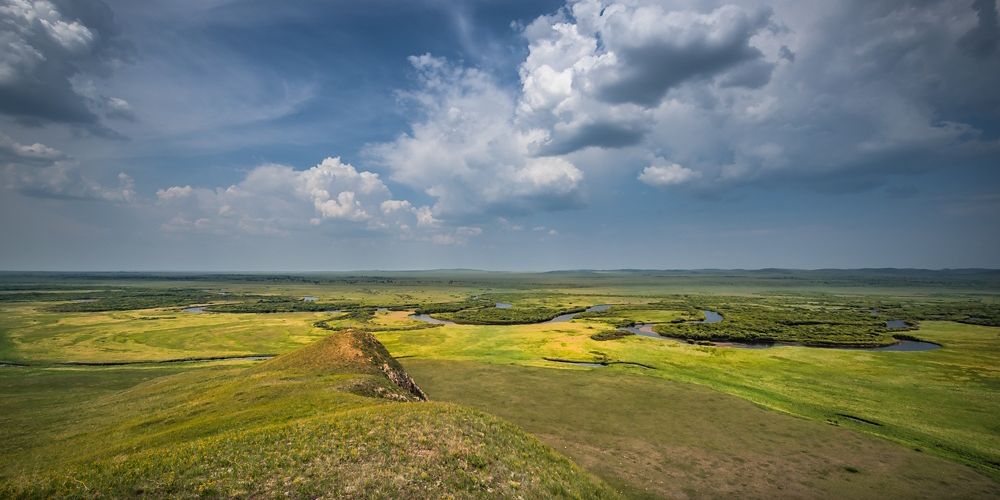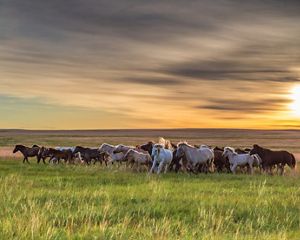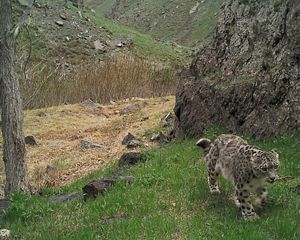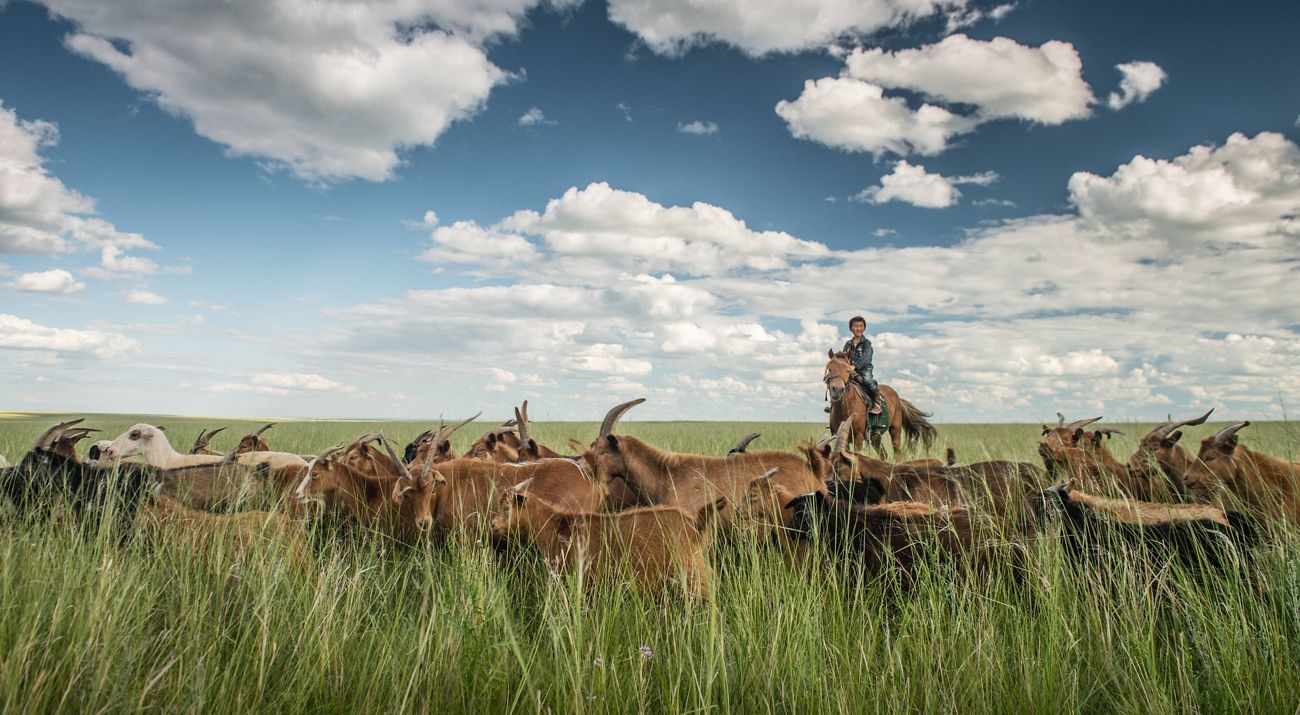
Keeping Communities at the Heart of Conservation Solutions
The boundless plains of Mongolia are open-access, allowing herders to travel and graze their animals freely. In recent decades, traditional herding techniques have changed with the privatization of livestock during the transition to a market economy, leading to overgrazing. For example, herders have exponentially increased herd sizes to increase income, and to meet global demand, have taken on more cashmere goats that are destructive to grasslands. Herders now need to learn new skills to generate income.
To protect pasturelands from further degradation, The Nature Conservancy is working with herders to take advantage of an amended environmental law giving herder communities formal recognition of their communal pasturelands and resource management rights.
Communities can reduce grassland degradation by keeping other herders out, creating natural resource management plans focused on sustainable herd sizes and working together on alternative businesses to earn more income.
Press Release
The Government of Mongolia and The Nature Conservancy secure "Eternal Mongolia"
Read MoreIn 2017, TNC began working in 28 locations to help herders form community-based organizations (CBOs) that increase their collective ability to make decisions about how their pasturelands will be managed and to explore new opportunities for economic development. For a CBO to be recognized by the local government, herders need to develop a natural resource management plan so TNC has been providing them with strategic guidance. With our support, as of 2024, 281 CBOs covering almost 7.4 million hectares have been established.
Herder communities have always been the most important players in the conservation and sustainable management of natural resources, both within and outside protected areas. Through CBOs, herders work together to use sustainable grazing practices that do not negatively impact biodiversity. By virtue of our work with CBOs, TNC is helping them raise their voices and contribute to decision-making processes for the natural resources they depend on by building their skills at negotiating an open market economy and adapting to climate change impacts, as well as by enhancing their knowledge of ecosystem functions.
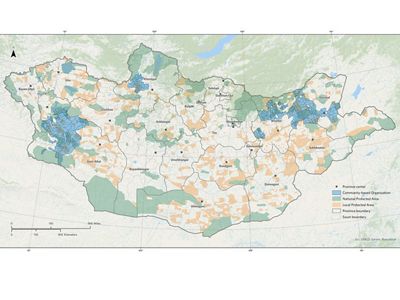
We will assist CBOs in applying research-based pastureland management solutions, such as an ecosystem health monitoring process within community-managed areas. This monitoring program will help herders collect scientific data showing how they have improved grassland health through their interventions. This will become the basis for the CBOs to periodically revise and improve their pastureland management plans.
TNC will also develop income diversification opportunities that can supplement income from sustainable grazing, giving herders greater financial security to alter their grazing practices and reduce herd sizes.
Here are some examples of these initiatives:
Alternative Livelihoods for Herders
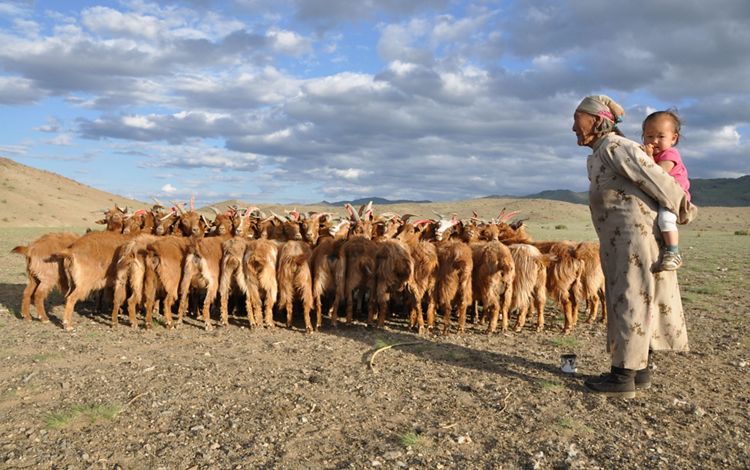
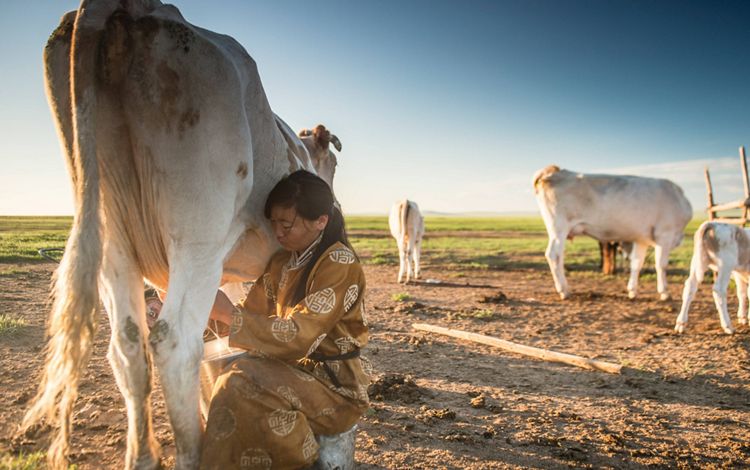
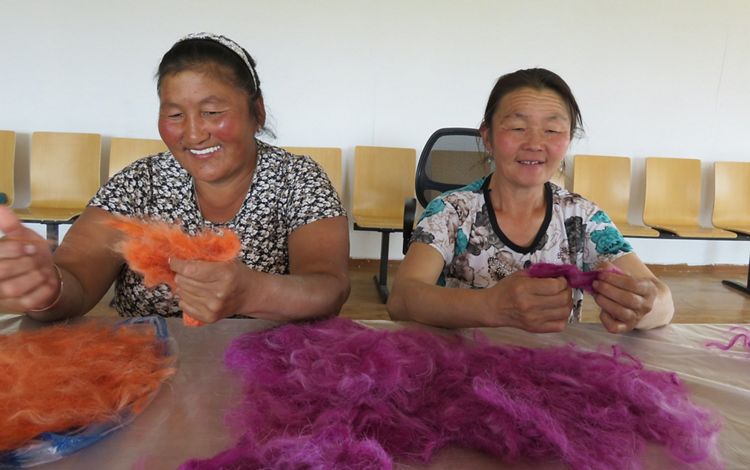
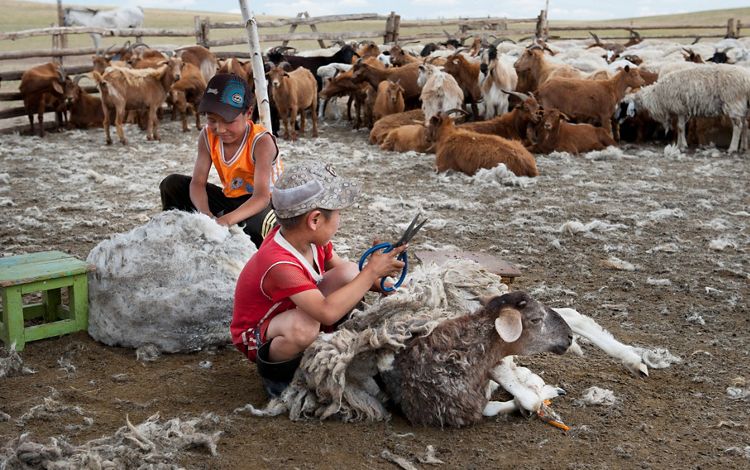

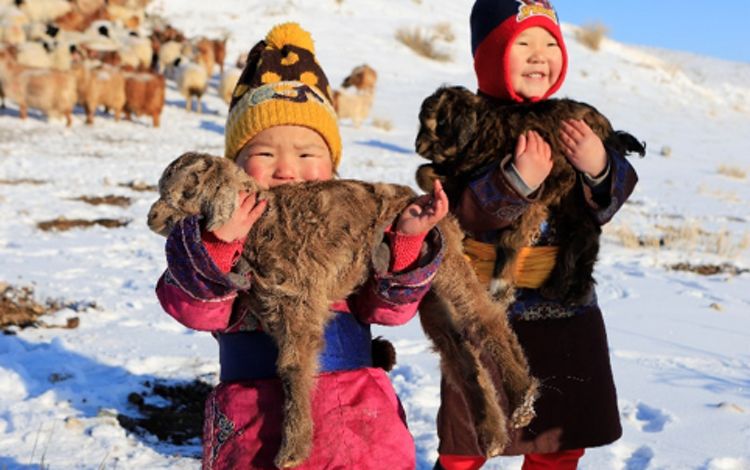
Support Our Work in Mongolia
You can help herding communities build a sustainable future one of the most threatened ecosystems on Earth.
